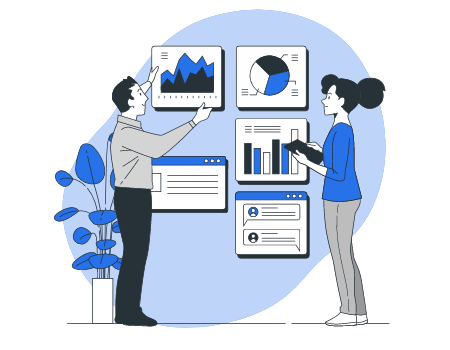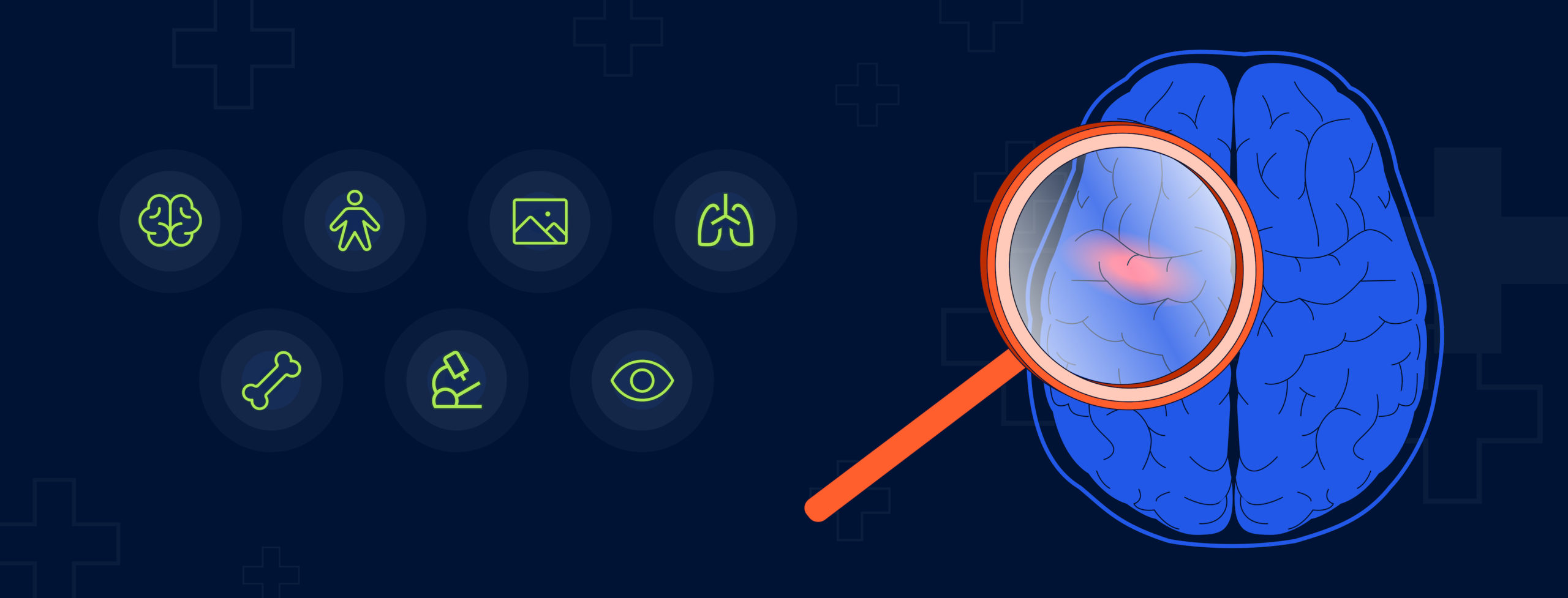Introduction
In today’s hyper-connected and data-driven world, Data Science has emerged as one of the most influential and fast-growing fields. Every action we take online—from browsing social media to purchasing products on e-commerce platforms—generates data. The question is: how do businesses, governments, and researchers harness this enormous amount of information? The answer lies in Data Science.
Data Science is not just about analyzing data but about extracting valuable insights, predicting future outcomes, and driving smarter decisions. Its applications touch nearly every industry, from healthcare and finance to marketing, sports, and even entertainment.
🔎 What is Data Science?
At its core, Data Science is a multidisciplinary field that combines:
-
Mathematics & Statistics – for identifying trends and patterns.
-
Programming – for processing and analyzing datasets.
-
Machine Learning & AI – for predictive modeling and automation.
-
Domain Expertise – for applying data-driven solutions to real-world problems.
In simple terms, it is the science of turning raw data into meaningful information.
🏗️ The Data Science Process
To understand how Data Science works, let’s break down its key stages:
-
Data Collection – Gathering raw data from sources like websites, sensors, apps, and databases.
-
Data Cleaning – Removing duplicates, fixing errors, and handling missing values.
-
Exploratory Data Analysis (EDA) – Using statistics and visualization to understand data patterns.
-
Model Building – Training machine learning models to make predictions.
-
Deployment – Integrating models into applications or systems.
-
Monitoring – Continuously improving models as new data comes in.

🌍 Applications of Data Science
1. Healthcare
-
Predicting disease outbreaks.
-
Diagnosing illnesses using medical imaging (AI in X-rays/MRIs).
-
Personalized treatments and drug discovery.

2. Finance & Banking
-
Fraud detection using anomaly detection models.
-
Stock market predictions.
-
Customer credit scoring and risk analysis.
3. Retail & E-commerce
-
Recommendation engines (like Amazon & Netflix).
-
Price optimization based on demand and seasonality.
-
Customer sentiment analysis through reviews.
4. Business & Marketing
-
Customer segmentation for targeted ads.
-
Predicting customer churn and retention strategies.
-
Social media analytics for brand monitoring.
5. Government & Smart Cities
-
Traffic management with predictive models.
-
Crime pattern detection.
-
Smart energy usage and sustainability.
📈 The Future of Data Science
With the rise of big data, AI, and cloud computing, Data Science is only becoming more powerful. Upcoming trends include:
-
Automated Machine Learning (AutoML) – making AI more accessible.
-
Explainable AI (XAI) – ensuring transparency in decision-making.
-
Edge Analytics – analyzing data closer to where it’s generated (IoT, 5G).
Conclusion
Data Science is the engine powering the digital revolution. It helps businesses grow, governments make smarter policies, and individuals receive personalized experiences. As industries continue to adopt AI and advanced analytics, the demand for skilled data scientists will only increase.
In short: Data Science is no longer the future—it is the present.
